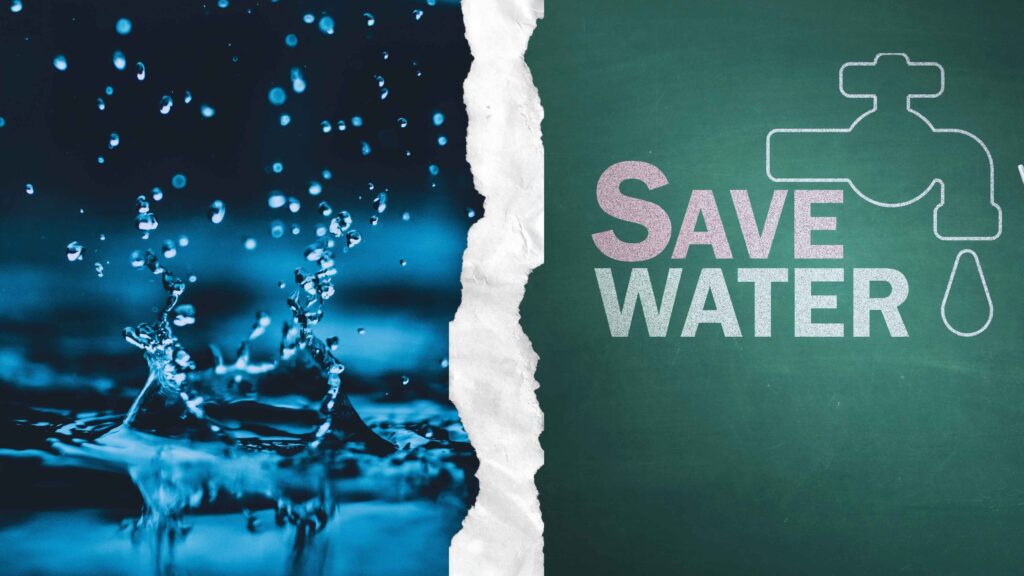The Significance of Water Conservation Among Schoolchildren
One of the most essential natural resources in the world is water. Water is essential for survival to all living organisms — people, animals, and plants. We utilize water to drink, bathe, cook, clean, and cultivate. Unfortunately, we tend to waste water without realizing its value. It is high time now that we instill in children the significance of conserving water.
At Anee’s School, the top school in Kharar Mohali, we feel that all children must be taught the value of conserving water. With knowledge on how to conserve water, children can be responsible and sensitive citizens. They can contribute to maintaining the environment and creating a better future.
Why Water Matters
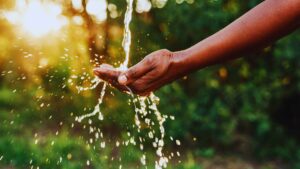
Water is life. We cannot survive without water. We can go for days without food, but without water, it is extremely hard to survive for even a few days. We must have clean water to drink, to keep us clean, and healthy.
It is the case in certain regions of the world that individuals do not receive adequate water. Children walk long distances to bring only a pail of water to their residences. If we go on wasting water, the issue may reach other regions as well. That is why it is essential that we learn to make the most of water.
Why Kids Should Learn to Conserve Water
Kids are the future of our planet. If they acquire good habits from a young age, they will be responsible people when they grow up. Saving water from an early age can make kids conscious about the environment and the value of natural resources.
In schools, students learn many things. But actual education also includes learning how to take care of the Earth. In Anee’s School, which is famous for delivering the best education in Mohali Kharar, we are teaching our students the importance of water through practical examples and activities.
Easy Methods to Impart Water Conservation to Kids
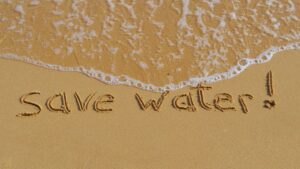
There are numerous easy ways kids can save water at home and in school. All of these habits can be followed easily, and they make a huge difference eventually.
First, kids must be instructed to switch off the tap while they brush their teeth. Most individuals have the water running, which wastes a great deal of water. If we switch off the tap while we brush, we can save some liters of water every day.
Second, the children need to use only the amount of water required. For instance, while bathing, one can use a bucket in place of a shower and thereby conserve plenty of water. In the same way, one can use a mug instead of running water to wash one’s hands.
In school, the kids should be informed to inform the teachers or maintenance team about leaking faucets. A minor leak alone wastes gallons of water in a day.
Kids may also assist in watering plants with water remaining from washing vegetables or fruits. This guides them on how to recycle water in easy steps.
Water-Saving Practices in Schools
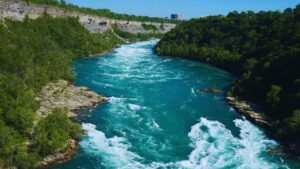
Schools are very crucial in educating the younger generation regarding the conservation of water. At Anee’s School, one of Kharar’s top 10 schools, we have incorporated environmental education as a component of our educational system.
In our school:
🔴 We regularly check taps to avoid leaks.
🔵 We make students use water judiciously in washrooms.
🔴 We organize awareness campaigns and activities such as “Save Water Week”.
🔵 We conduct drawing and essay competitions on water conservation.
🔴 We incorporate live projects wherein students create posters and models on conserving water.
These exercises make students more responsible and sensitive. It is a practice for them to look after natural resources, not only at school but also at home.
How Parents Can Assist
Parents have an important role in creating positive habits among children. By observing their parents conserving water at home, the children learn to do the same. Children can be taught a few things by parents such as:
🔵 Not allowing the water to overflow while filling containers or tanks
🔴 Watering plants with the remaining water
🔵 Inspecting for leaking taps at home
🔴 Taking quick baths to conserve water
🔵 Not playing with water just for fun
When schools and parents collaborate, kids learn quicker and better. We at Anee’s School frequently engage parents in school-based activities for environment and sustainability.
The Bigger Picture: Why It Matters
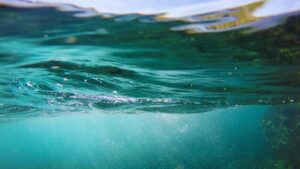
Saving water is not all about saving money on our water bill. It’s all about ensuring that our future generations are also able to access clean and safe water. If we go on wasting water, all our rivers, lakes, and underground water will run dry.
This will lead to drought, water shortages, and illness. The crops will not grow, the animals will not live, and the humans will suffer. But if we make the children respect water today, we can avoid these issues tomorrow.
By making conservation of water a daily habit, we are doing good to our planet. And by teaching this to the children, we are making them capable of keeping the world safe when they become adults.
Conclusion
Water conservation need not be the responsibility of adults alone. Children can also contribute significantly towards water conservation. With correct guidance from parents and school, children can adopt simple habits that will remain with them throughout life.
At Anee’s School, the top school in Kharar Mohali, we emphasize developing educated learners who are conscious, accountable, and empathetic. As a premier educational institution, we always feel that education about environmental values such as water preservation must go hand in hand with academic studies.
If you are looking for a School in Mohali that educates as well as inculcates values, Anee’s School is where you should look. We are one of the leading schools close to your location, shaping students for a better and greener tomorrow.
Read more important blogs from Anee’s School:
Marine Life: Sea Creatures and Their Vital Ecosystem Roles







